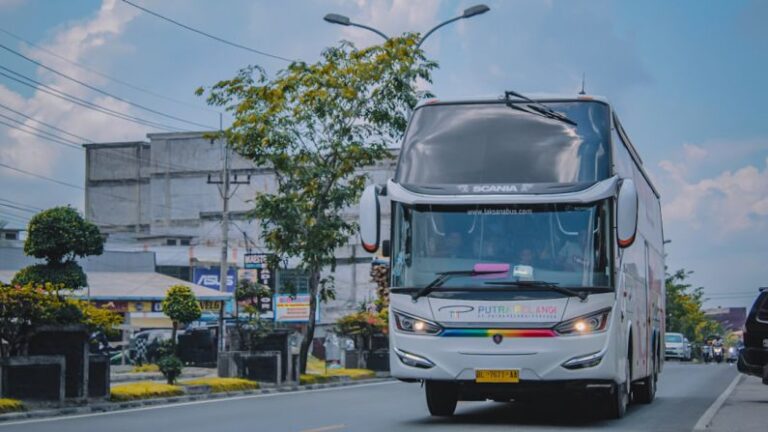The Impact of Electric Vehicles on Commercial Transportation
The transportation industry has seen a significant shift towards sustainability in recent years, with electric vehicles (EVs) playing a major role in this transition. The adoption of electric vehicles in commercial transportation has been steadily increasing, driven by the need to reduce carbon emissions, lower operating costs, and comply with stringent environmental regulations. This shift towards electric vehicles is not only changing the way goods are transported but also revolutionizing the entire commercial transportation sector.
Reduced Carbon Emissions and Environmental Benefits
One of the primary advantages of electric vehicles in commercial transportation is their contribution to reducing carbon emissions and improving air quality. Traditional diesel-powered vehicles are significant contributors to air pollution and greenhouse gas emissions, leading to environmental degradation and negative health impacts. Electric vehicles, on the other hand, produce zero tailpipe emissions, making them a cleaner and more sustainable alternative for transporting goods.
By transitioning to electric vehicles, commercial transportation companies can significantly reduce their carbon footprint and contribute to mitigating climate change. This shift aligns with global efforts to combat environmental degradation and promote a greener, more sustainable future for the planet. As stricter emissions standards are implemented worldwide, electric vehicles offer a viable solution for commercial transportation companies to meet regulatory requirements and demonstrate their commitment to environmental stewardship.
Cost Savings and Operational Efficiency
In addition to their environmental benefits, electric vehicles offer cost savings and operational efficiency advantages for commercial transportation companies. While the initial investment in electric vehicles may be higher than traditional combustion engine vehicles, the long-term savings on fuel and maintenance costs can outweigh the upfront expenses. Electric vehicles have lower operating costs due to the lower cost of electricity compared to diesel or gasoline, as well as reduced maintenance requirements resulting from fewer moving parts in electric drivetrains.
Furthermore, electric vehicles have lower energy consumption and higher energy efficiency compared to internal combustion engine vehicles, making them a more cost-effective option for long-haul transportation. Commercial transportation companies can benefit from reduced fuel expenses, lower maintenance costs, and potential government incentives for adopting electric vehicles, improving their overall financial performance and competitiveness in the market.
Infrastructure Development and Charging Network
The widespread adoption of electric vehicles in commercial transportation is driving the development of charging infrastructure and networks to support the growing number of electric trucks and vans on the road. As electric vehicles require access to charging stations for recharging their batteries, the availability of a reliable and extensive charging network is crucial for the successful integration of electric vehicles into commercial transportation operations.
To address this challenge, governments, energy companies, and private businesses are investing in the expansion of charging infrastructure, including fast-charging stations along major transportation routes, depot charging facilities for fleets, and smart grid solutions to manage electricity demand. The development of a robust charging network is essential to ensure the seamless operation of electric vehicles in commercial transportation and alleviate concerns about range anxiety and charging accessibility.
Market Trends and Future Outlook
The adoption of electric vehicles in commercial transportation is a growing trend that is expected to continue expanding in the coming years. With advancements in battery technology, the availability of more efficient electric vehicles, and supportive government policies promoting sustainable transportation solutions, the market for electric trucks and vans is projected to experience substantial growth.
Commercial transportation companies that embrace electric vehicles early on can gain a competitive edge, enhance their reputation as environmentally responsible organizations, and capitalize on the cost savings and operational benefits of electric vehicles. As the shift towards electrification accelerates, the commercial transportation sector is poised to undergo a transformation towards a more sustainable, efficient, and eco-friendly future.
In conclusion, the impact of electric vehicles on commercial transportation is profound, reshaping the industry and driving towards a more sustainable and environmentally friendly mode of transporting goods. With reduced carbon emissions, cost savings, infrastructure development, and market trends favoring electric vehicles, the adoption of EVs in commercial transportation is set to revolutionize the way goods are transported, offering a greener and more efficient alternative for the future.






